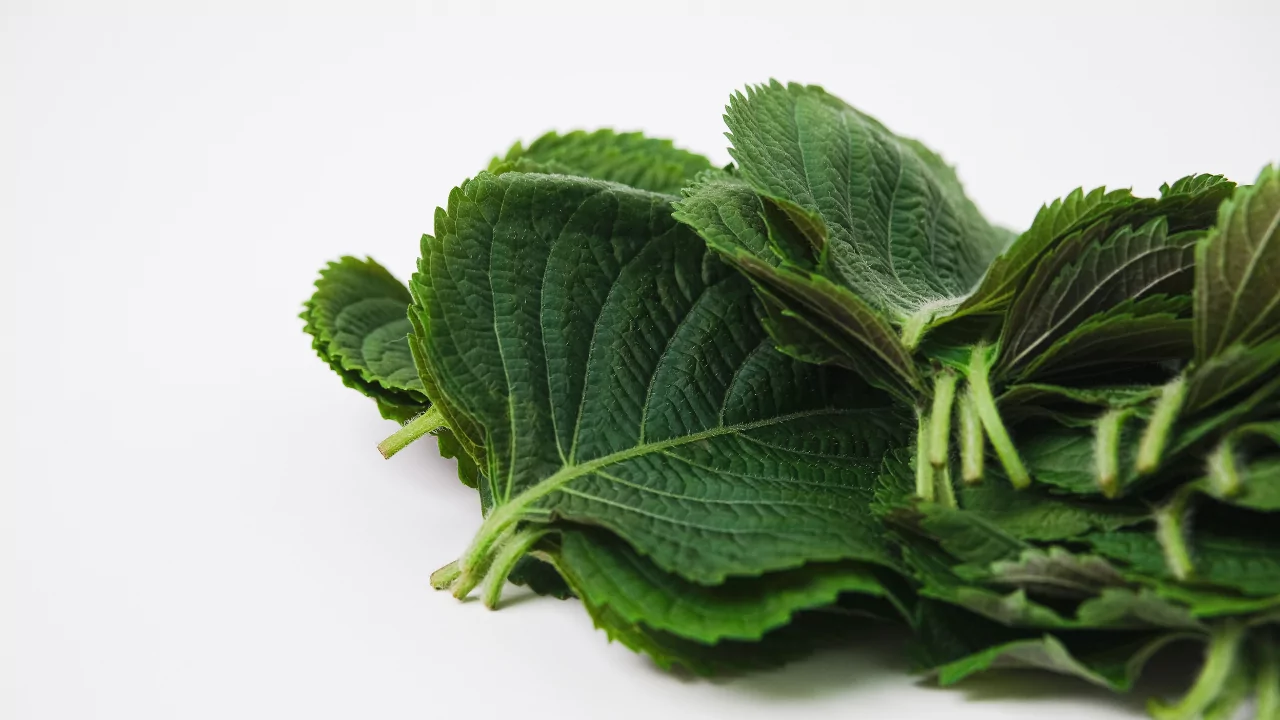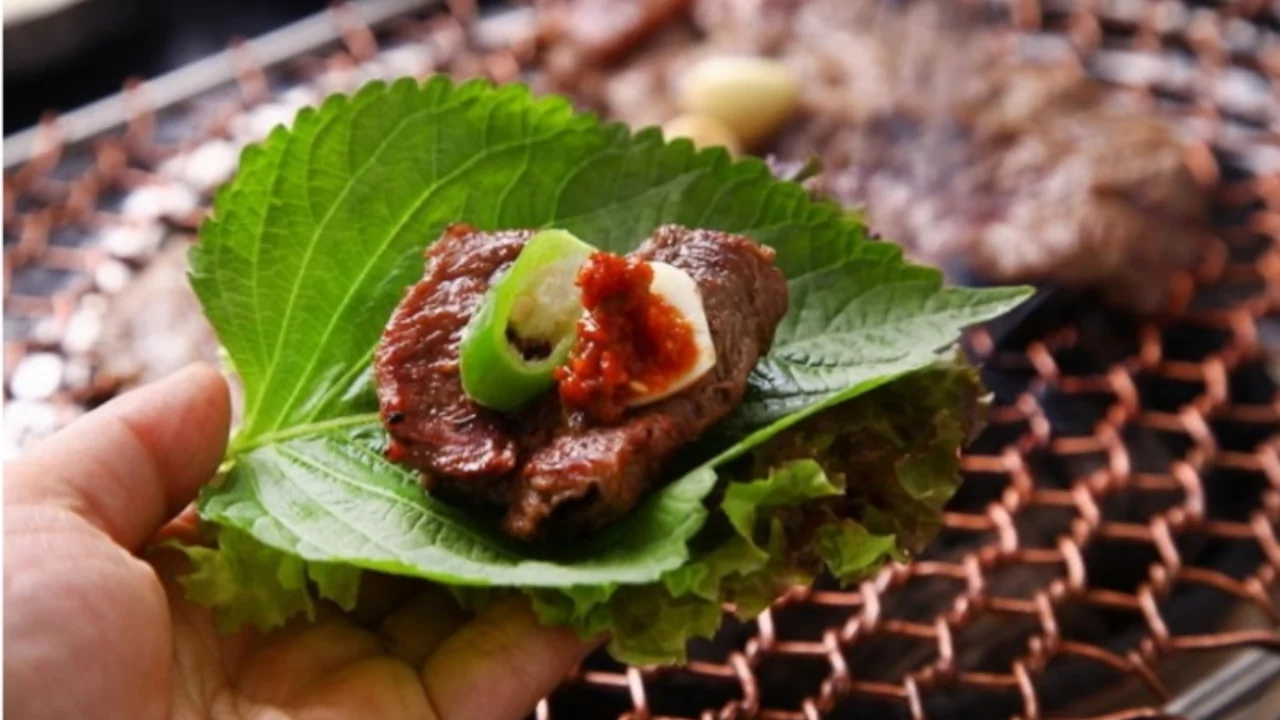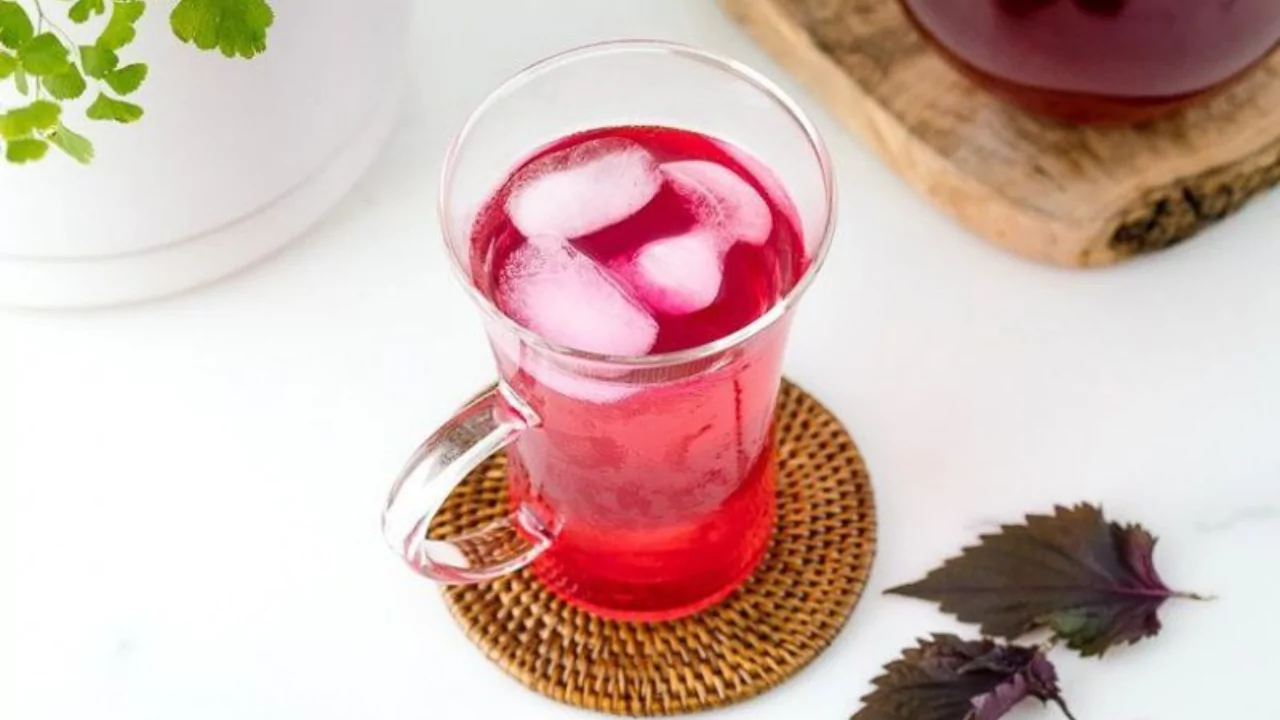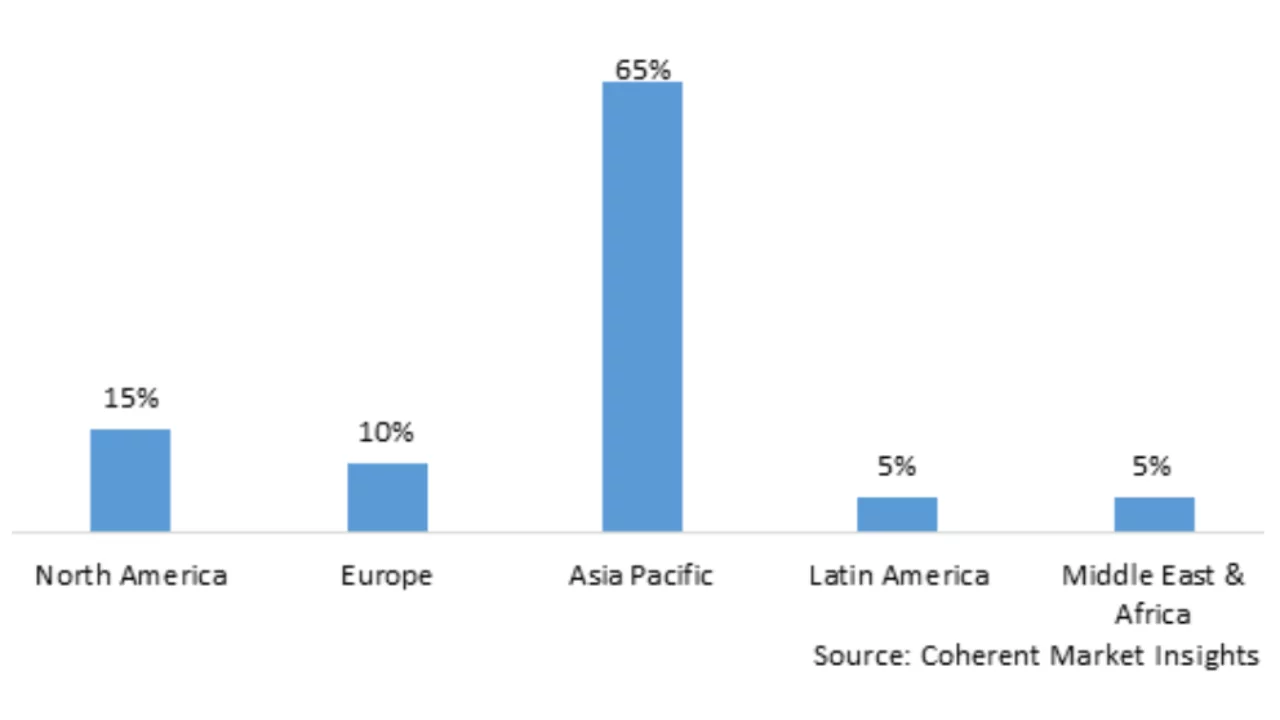Perilla Leaf – The Super Ingredient for Global Wellness Trends

Summary
As global consumers become increasingly health-conscious, natural ingredients with functional benefits are gaining traction. One such ingredient at the forefront of this movement is the perilla leaf—an ancient herb poised to become a global superfood, thanks to its rich nutritional profile and rising relevance in wellness-centered lifestyles.
1. Introduction to Perilla Leaf
Perilla (Perilla frutescens) is a leafy herb from the mint family, traditionally grown in East Asia. With its unique combination of vibrant flavor and potent bioactive compounds, the perilla leaf is now entering the spotlight in global wellness circles. Known for its earthy, slightly minty taste, it’s commonly found in salads, garnishes, and infusions.

But what makes perilla truly stand out is its powerful health-supporting properties. It is rich in rosmarinic acid and flavonoids, and anti-inflammatory agents, making it highly appealing in the realm of functional foods.
2. Origins and Traditional Uses
Perilla has been cultivated for centuries in countries such as Korea, Japan, China, and Vietnam. In Korean cuisine, it is a staple in dishes like perilla leaf kimchi or as wraps for grilled meats. In traditional medicine, perilla has been used to treat respiratory issues, nausea, and allergic reactions due to its calming and detoxifying effects.

Its leaves, seeds, and oils have diverse applications, not only as food but also in natural remedies, where they are believed to support digestion, immune function, and even mental clarity.
3. Global Trends in Natural, Functional Foods
The global wellness industry is currently transforming, shifting from reactive healthcare to preventive nutrition. Consumers are increasingly drawn to plant-based superfoods with proven benefits, and perilla fits seamlessly into this trend.

According to Coherent Market Insights, the vegan and plant-based food movement is driving demand for herbal ingredients. Consumers love to experiment with new herbs and spices in their dishes and beverages. Perilla leaves meet this trend when used in tea bags, detox smoothies, ready-to-drink (RTD) drinks, or functional spices for vegan dishes.
New product launches in beverages, health supplements, and clean-label snacks are already integrating perilla extract or powdered leaves. Its alignment with rising concerns around sustainability, clean eating, and natural immunity makes it particularly relevant in post-pandemic consumer behavior.
4. Key Markets
Consumer interest in new culinary experiences has also encouraged creative applications of perilla. For example, the global spread of Korean (K-food) and Japanese (J-food) cuisine trends has increased demand for traditional ingredients such as perilla. Perilla has become popular in the US and Europe as an “exotic” but healthy herb, creating opportunities for fusion restaurants and brands to process perilla leaves.

The market for perilla leaves and their extracts is currently growing steadily on a global scale. The Asia-Pacific (APAC) region is leading with approximately 65% of the global revenue share by 2025. This reflects the widespread use of perilla leaves in traditional cuisine and medicine in Japan, Korea, China, and Vietnam. North America accounts for approximately 15% of the market (the US is the main market), and Europe accounts for approximately 10%.
5. Future Outlook
The future for perilla leaf looks bright. As global consumers continue to favor natural, plant-based ingredients with scientifically backed health benefits, the demand for perilla will likely surge. Market analysts project steady growth, driven by increased application in food, beverage, and nutraceuticals.
In short, the perilla leaf is more than just a traditional herb—it’s becoming a symbol of the new global wellness era. For brands and producers focused on functional foods and sustainable health solutions, now is the time to capitalize on this super ingredient’s rise.
